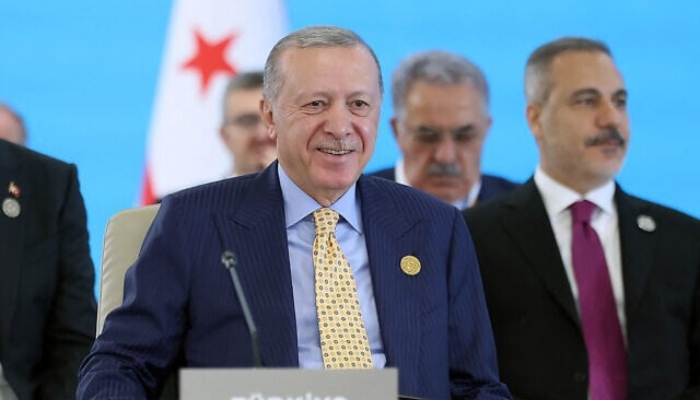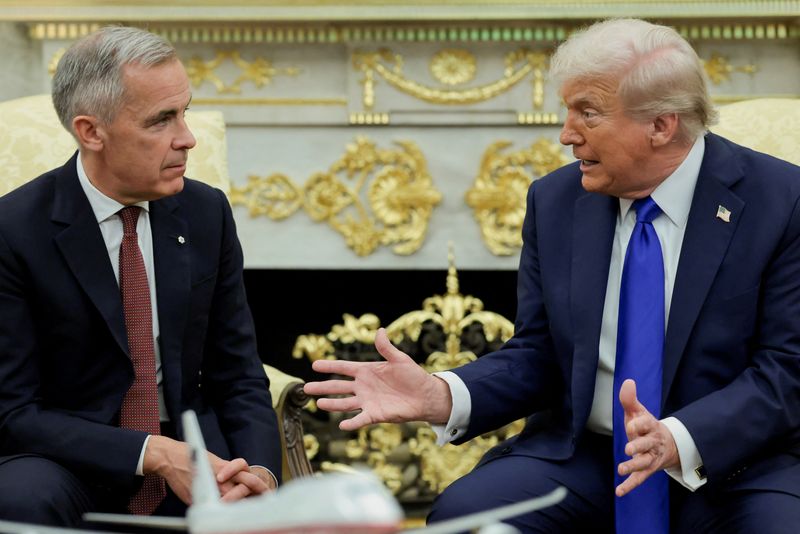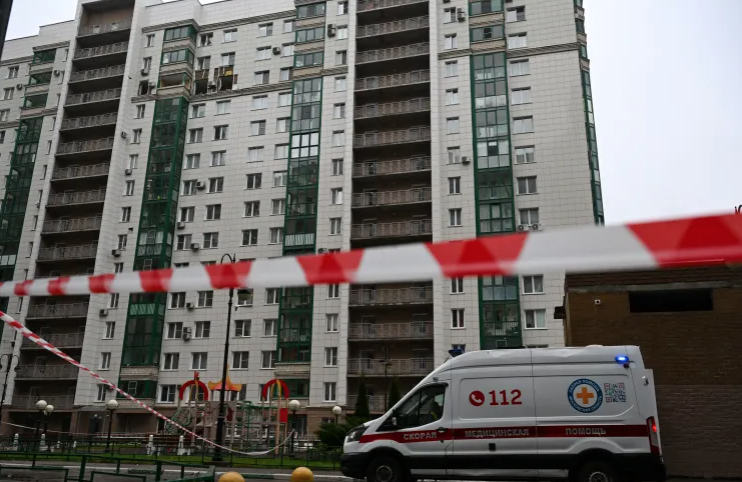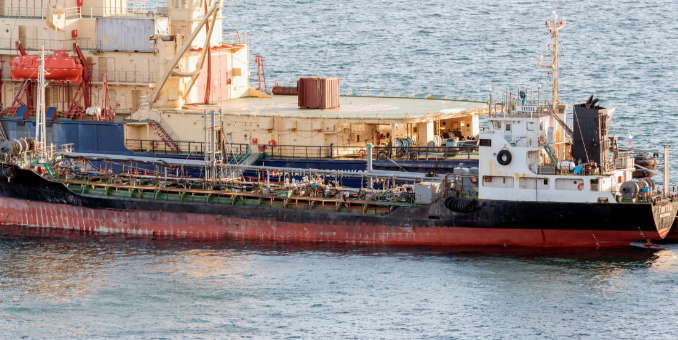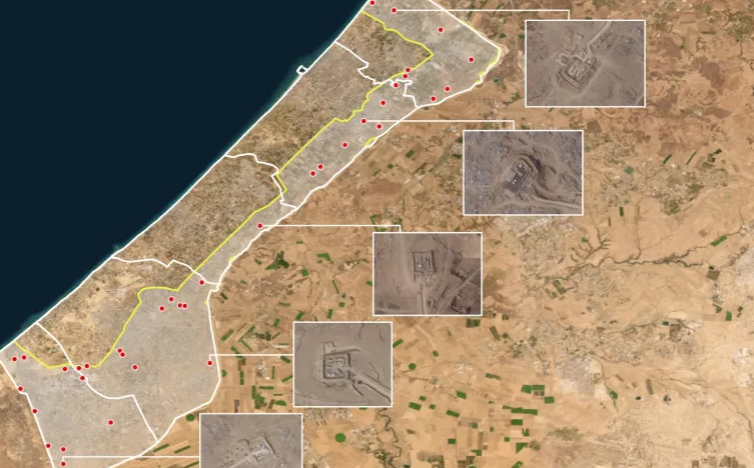WORLD NEWS

The United States has announced a missile strike on a maritime vessel it says was trafficking illegal narcotics, killing all six people aboard — the 10th such attack in the campaign, which officials say has now left at least 43 people dead.
Defense Secretary Pete Hegseth identified the victims as members of the Venezuela-based gang Tren de Aragua and said President Donald Trump authorised the operation. According to Hegseth, the vessel was “known by our intelligence to be involved in illicit narcotics smuggling,” was transiting a recognised trafficking route and was carrying narcotics. He said the strike — which US officials say occurred in international waters in the Caribbean Sea — was the military’s first nighttime attack on a smuggling boat.
The strike marks an acceleration in the US air campaign: three strikes were announced in as many days this week alone. The administration has equated some cartel groups with armed extremist organisations and said it will treat “narco-terrorists” like militants such as al-Qaeda.
But legal experts, regional leaders and UN human-rights specialists have questioned the legality and prudence of using lethal military force against suspected traffickers at sea. Human-rights experts told the UN this week that international law generally forbids unilateral use of force abroad except in narrow self-defence circumstances. “International law does not permit the unilateral use of force abroad to fight terrorism or drug trafficking,” the specialists wrote, underlining the potential for violations of international law.
Several Latin American governments and families of victims have denounced earlier strikes as wrongful killings rather than lawful counter-trafficking operations. Relatives in countries including Colombia and Trinidad and Tobago have claimed some of those killed were local fishermen, not traffickers. Survivors of earlier strikes — including two from an attack on Oct. 16 — were repatriated to Ecuador and Colombia; Ecuador later released one returnee, saying there was no evidence to charge him.
The bombing campaign began on Sept. 2 with a strike that killed 11 people; the frequency and geographic scope of the strikes have increased in October, with attacks reported in the Caribbean and, for the first time, the Pacific Ocean. One recent strike targeted a submersible, leaving two survivors. Officials say at least seven strikes have occurred this month alone.
President Trump has defended the campaign, framing drug trafficking as a national security threat and asserting he does not need congressional authorisation to use military force in this campaign. Asked why he had not sought approval from Congress, the president replied that he would continue the campaign without a formal declaration of war. Legal scholars note that under the US Constitution Congress has the sole power to declare war and to authorise prolonged military operations, though presidents have often relied on other authorisations or taken unilateral action.
Critics say the administration’s public justifications sometimes conflate drug-related harm and legal thresholds for use of force. Trump has claimed large numbers of US overdose deaths to bolster his position; public health data do not support some of the administration’s higher figures. Human-rights groups and international law experts have urged a transparent review of the intelligence used to justify the strikes and of whether lethal force is lawful and proportionate in each case.
The US government has not publicly released detailed evidence to substantiate its claims in each strike, and questions remain about targeting procedures, the chain of command for authorisations, and the mechanisms — if any — for independent review and accountability. As the campaign continues, regional tensions and legal scrutiny are likely to grow.
